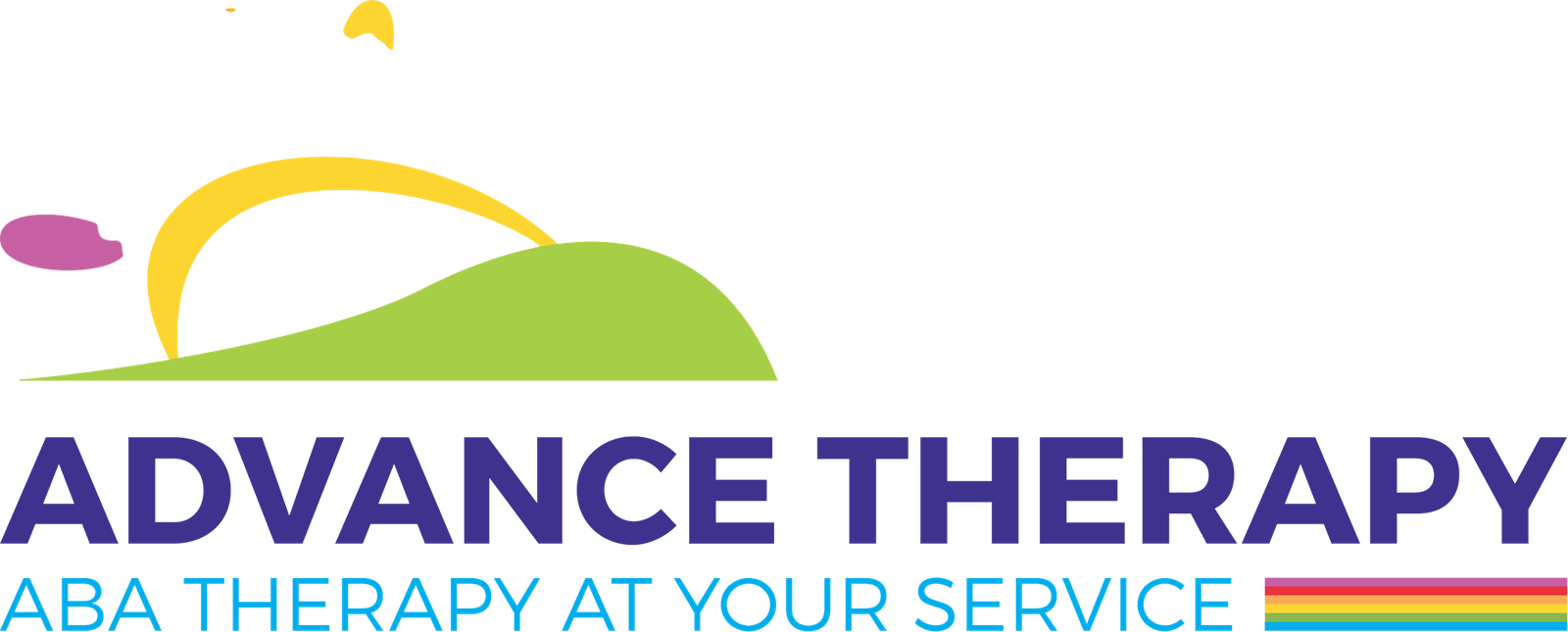Frequently Asked Questions
What is ABA therapy and how does it help in Mississauga?
ABA therapy, or Applied Behavior Analysis, is a proven approach that helps children with autism in Mississauga develop essential skills. By creating individualized treatment plans, it promotes positive behaviors and enhances learning, ultimately improving the child's quality of life.
Are there any government-funded autism services in Mississauga?
Government-funded autism services are available in Mississauga through various programs, including the Ontario Autism Program, which offers funding for eligible children to access necessary therapies and support.
Is ABA therapy covered by OHIP in Mississauga?
ABA therapy is not covered by OHIP in Mississauga. However, families may explore private insurance options or government funding programs to help offset the costs of these essential services.
What is the goal of ABA therapy for autistic children?
The goal of ABA therapy for autistic children is to enhance their communication, social skills, and daily living abilities through individualized strategies, ultimately promoting independence and improving their overall quality of life.
How do I choose an autism service provider in Mississauga?
Choosing an autism service provider in Mississauga involves researching their qualifications, understanding their approach to ABA therapy, and ensuring they offer personalized treatment plans tailored to your child's needs.
What are the benefits of ABA therapy in Mississauga?
The benefits of ABA therapy in Mississauga include improved communication skills, enhanced social interactions, and increased independence for children with autism, all through tailored treatment plans that focus on individual needs and progress.
How do I get ABA therapy for my autistic child?
Getting ABA therapy for your autistic child involves contacting a qualified provider like Advance Therapy in Mississauga. They will assess your child's needs and create a personalized treatment plan to support their development.
What are the benefits of ABA therapy for autism?
The benefits of ABA therapy for autism include improved communication, social skills, and adaptive behaviors, allowing children to develop essential life skills tailored to their individual needs. This personalized approach fosters greater independence and enhances overall quality of life.
How do I access autism therapy in Mississauga?
Accessing autism therapy in Mississauga involves contacting a local provider like Advance Therapy, which offers individualized ABA therapy plans. You can schedule a consultation to discuss your child's needs and begin the intake process.
Who provides ABA therapy services in Mississauga?
ABA therapy services in Mississauga are provided by specialized clinics and professionals, including Advance Therapy, which offers personalized treatment plans to support children with autism in developing essential skills.
What autism services are available in Mississauga for children?
The autism services available in Mississauga for children include individualized ABA therapy, social skills training, family support programs, and diagnostic assessments, all aimed at helping children with autism develop essential life skills.
How does ABA therapy work for children with autism?
ABA therapy works for children with autism by using structured techniques to reinforce positive behaviors and teach essential skills through individualized treatment plans tailored to each child's unique needs.
What qualifications should an ABA therapist have?
The qualifications an ABA therapist should have include a relevant degree in psychology, education, or a related field, along with certification from a recognized body such as the Behavior Analyst Certification Board (BACB).
How is ABA therapy tailored for each child?
ABA therapy is tailored for each child through individualized assessment and customized treatment plans that address their unique needs, strengths, and challenges, ensuring effective skill development and support.
What age groups benefit from ABA therapy?
ABA therapy benefits children of all ages, but it is particularly effective for young children, typically between 2 to 7 years old, as early intervention can lead to significant skill development and improved outcomes.
What are common misconceptions about ABA therapy?
Common misconceptions about ABA therapy include the belief that it is solely focused on compliance and control, rather than fostering meaningful skill development and independence in children with autism.
How can parents support ABA therapy at home?
Parents can support ABA therapy at home by implementing consistent routines, reinforcing learned skills through practice, and maintaining open communication with therapists to ensure alignment in strategies and goals.
What is the duration of typical ABA therapy sessions?
The duration of typical ABA therapy sessions varies, but they generally last between 1 to 3 hours. The specific length depends on the individual needs of the child and the goals outlined in their personalized therapy plan.
How do I find reviews for ABA therapy providers?
Finding reviews for ABA therapy providers can be done by checking online platforms such as Google, Yelp, or specialized healthcare review sites. Additionally, consider seeking recommendations from local autism support groups or forums for firsthand experiences.
What should I expect during the first ABA session?
During the first ABA session, you can expect an initial assessment where the therapist will gather information about your child's strengths and challenges, discuss goals, and outline a personalized therapy plan tailored to their needs.
Are there specific techniques used in ABA therapy?
Specific techniques used in ABA therapy include discrete trial training, natural environment teaching, and positive reinforcement, all tailored to meet the individual needs of children with autism to promote skill development effectively.
How can I track my childs progress in therapy?
Tracking your child's progress in therapy involves regular communication with your therapist, reviewing progress reports, and setting specific goals. These tools help you understand their development and make necessary adjustments to their individualized ABA therapy plan.
What role do parents play in ABA therapy?
The role of parents in ABA therapy is crucial. They actively participate in implementing strategies, reinforcing skills at home, and collaborating with therapists to ensure consistency and progress in their child's individualized treatment plan.
What are the long-term outcomes of ABA therapy?
The long-term outcomes of ABA therapy include improved communication skills, social interactions, and adaptive behaviors, leading to greater independence and quality of life for children with autism. Families often observe significant progress in their child's development over time.
How does ABA therapy address challenging behaviors?
ABA therapy addresses challenging behaviors by identifying their underlying causes and implementing targeted interventions. Through positive reinforcement and structured strategies, it helps children learn appropriate behaviors while reducing undesirable ones, promoting overall skill development.
What is the process for starting ABA therapy?
The process for starting ABA therapy involves an initial consultation, assessment of the child's needs, development of a personalized treatment plan, and regular progress evaluations to ensure effective support tailored to the child's unique requirements.
Are there any workshops for parents on ABA therapy?
Workshops for parents on ABA therapy are available and provide valuable insights into techniques and strategies to support their children’s development. These sessions aim to empower parents with knowledge and practical skills for effective implementation of ABA principles at home.
How can I advocate for my child’s therapy needs?
Advocating for your child’s therapy needs involves understanding their specific challenges, communicating openly with therapists, and actively participating in their treatment plan. Stay informed about ABA therapy options and collaborate with professionals to ensure your child receives the best support.
What resources are available for families in Mississauga?
Resources available for families in Mississauga include community support groups, local autism organizations, educational workshops, and specialized therapy services like Advance Therapy, which offers tailored ABA therapy plans for children with autism.
How does ABA therapy integrate with other treatments?
ABA therapy integrates with other treatments by complementing various therapeutic approaches, such as speech and occupational therapy, to create a holistic support plan that addresses the unique needs of children with autism.



